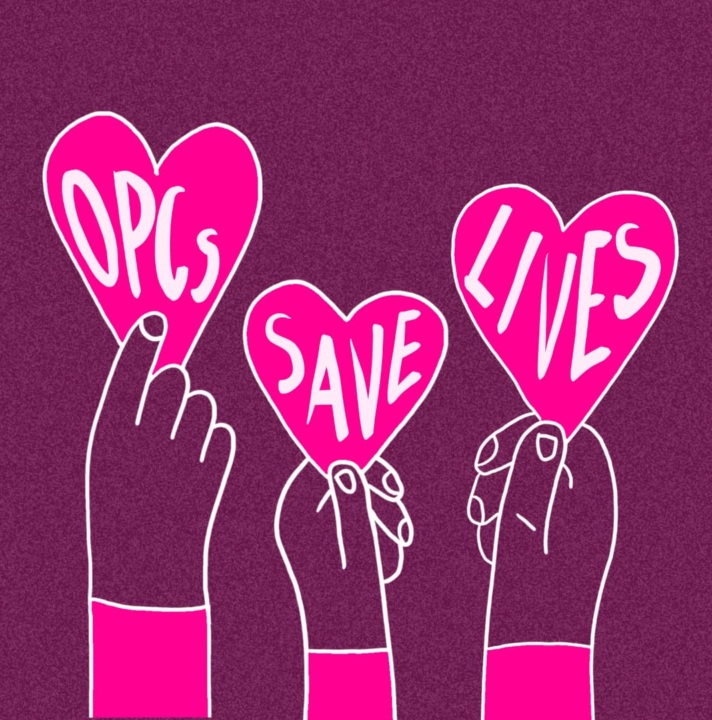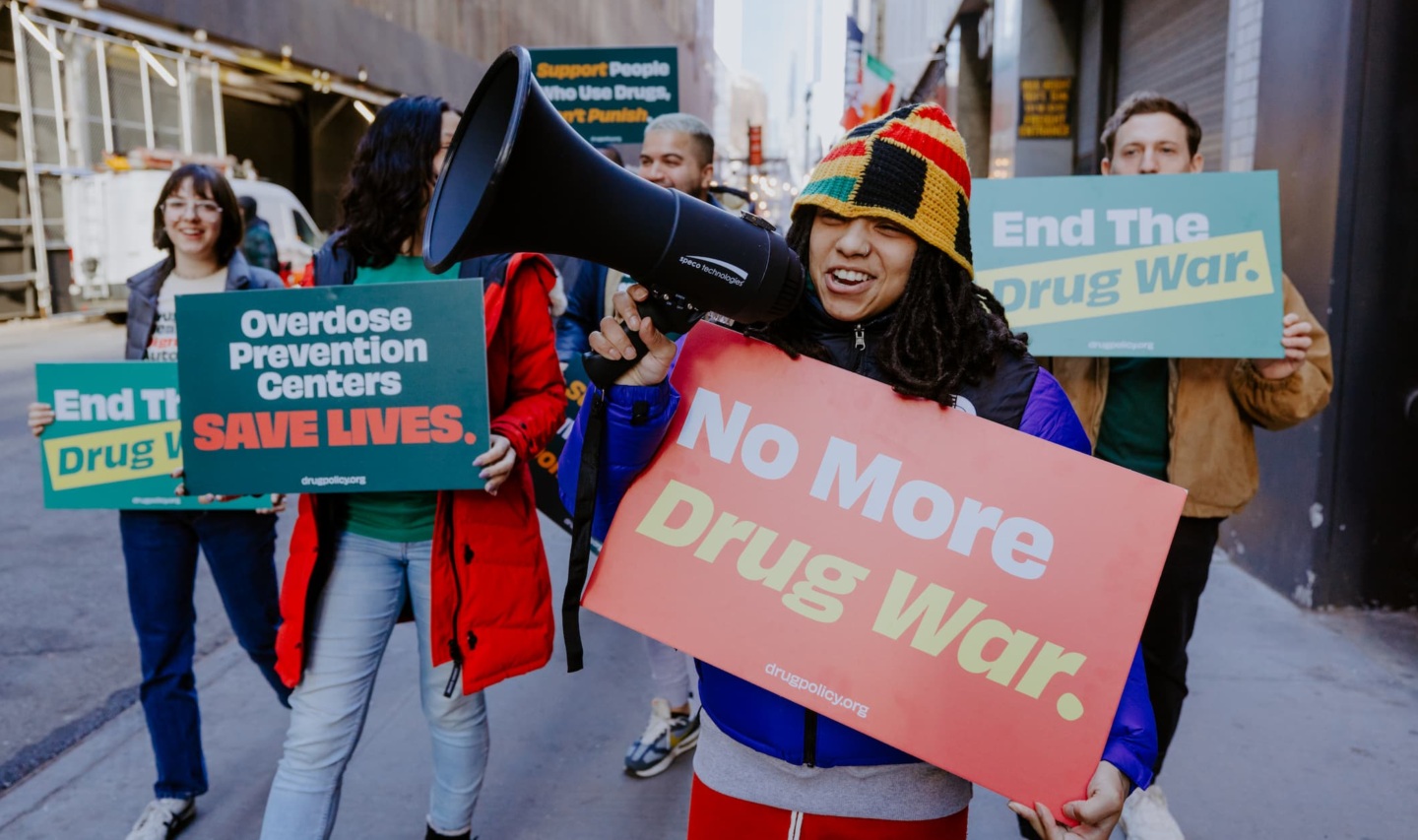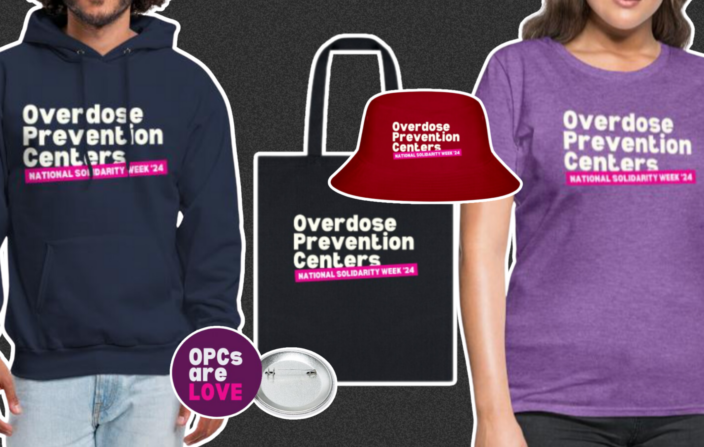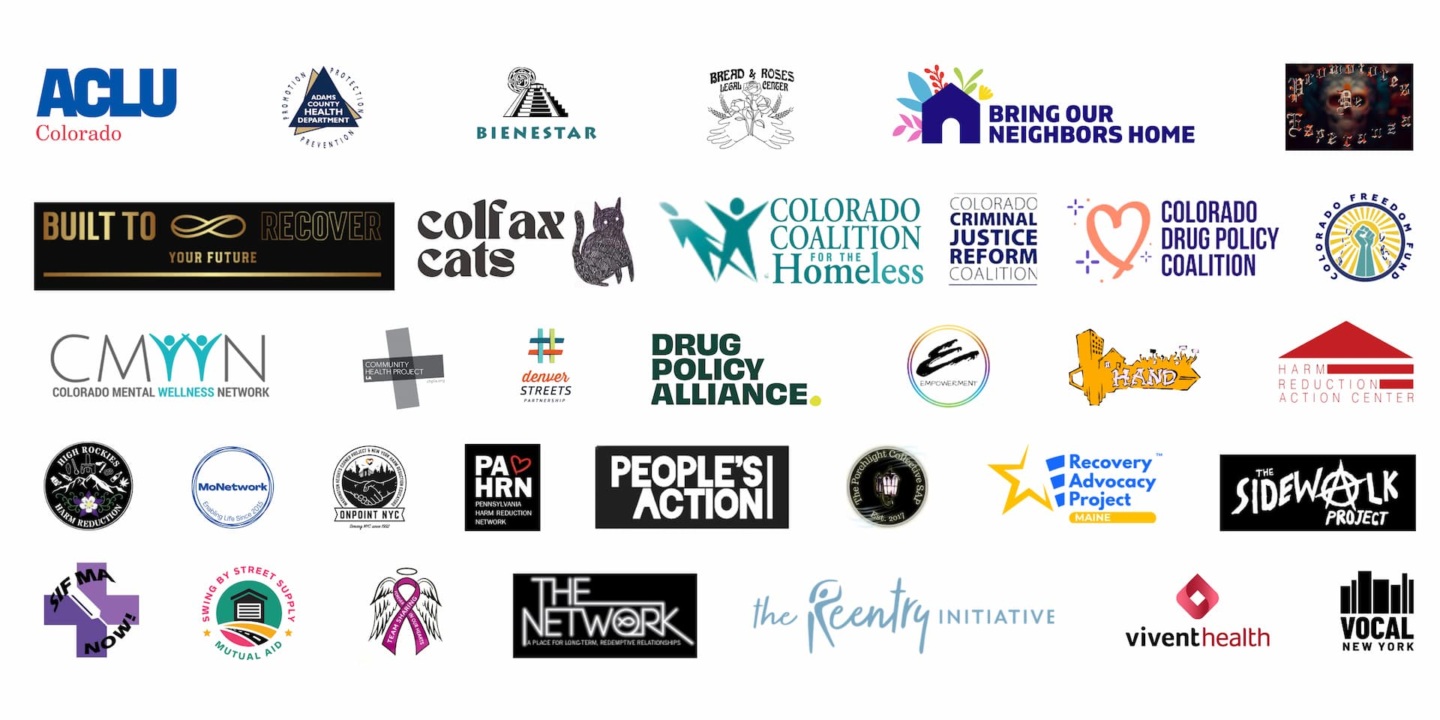August 28, 2024 / 11AM
New York City: Rally to End Overdose Deaths
Rally with Drug Policy Alliance, VOCAL-NY, and Housing Works to demand leadership that takes the politics out of public health, and implement solutions like accessible housing, expanded access to non-punitive services and authorization of overdose prevention centers, to save lives.
Meet us outside of Governor Hochul’s New York City Office (633 3rd Avenue, Manhattan) at 11AM. The governor’s inaction on the overdose crisis is one of her growing list of failures. We’re done with empty promises and never ending funerals.
RSVP here.
August 28, 2024 / 1-4PM
New York City: Rescue-Breathing Trainings, Community BBQ, & Mural Memorial
Join OnPointNYC at our East Harlem site (104 -106 E 126th Street) for a rescue-breathing themed event. We will offer rescue-breathing training and interactive activities, host a community BBQ, and hold a memorial for the community members we’ve lost to the overdose crisis.
Participants, staff, and the broader community are invited to honor their lost loved ones by adding their names to a new mural, which will be unveiled at this event.
August 30, 2024 / 1-4PM
New York City: Rescue-Breathing Trainings, Community BBQ, & Mural Memorial
Join OnPointNYC at our Washington Heights site (500 W 180th Street) for a rescue-breathing themed event. We will offer rescue-breathing training and interactive activities, host a community BBQ, and hold a memorial for the community members we’ve lost to the overdose crisis.
Participants, staff, and the broader community are invited to honor their lost loved ones by adding their names to a new mural, which will be unveiled at this event.





